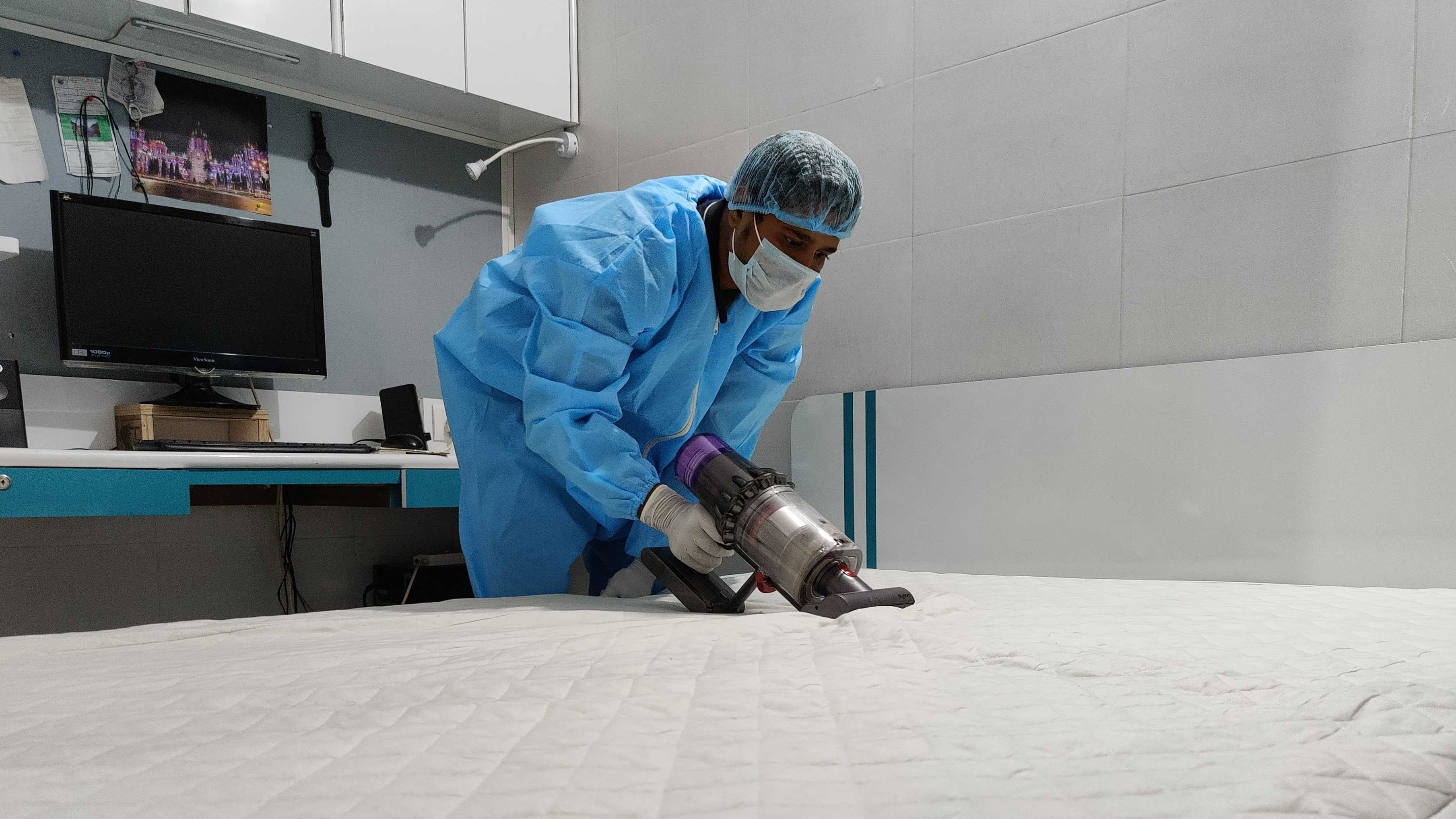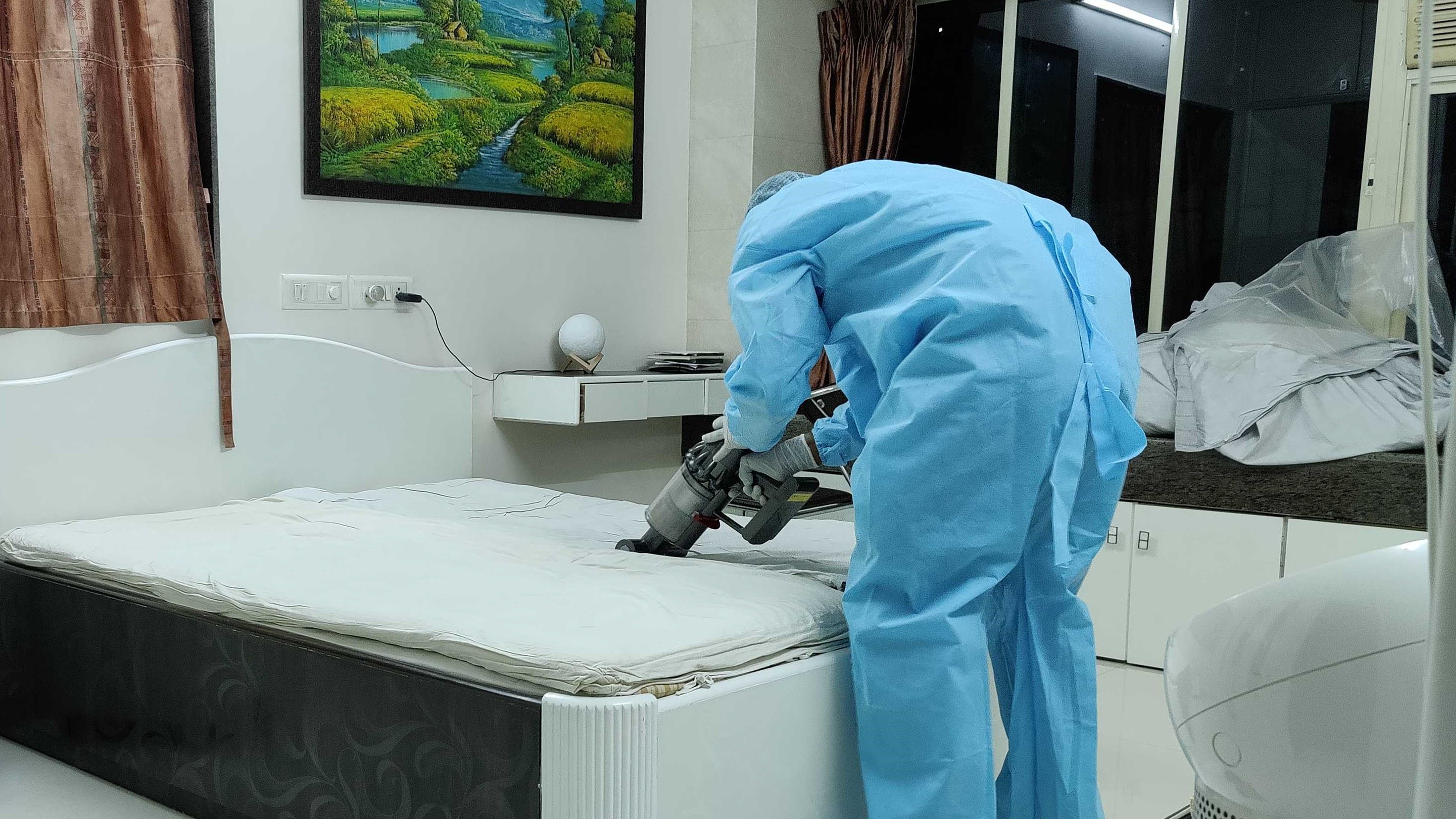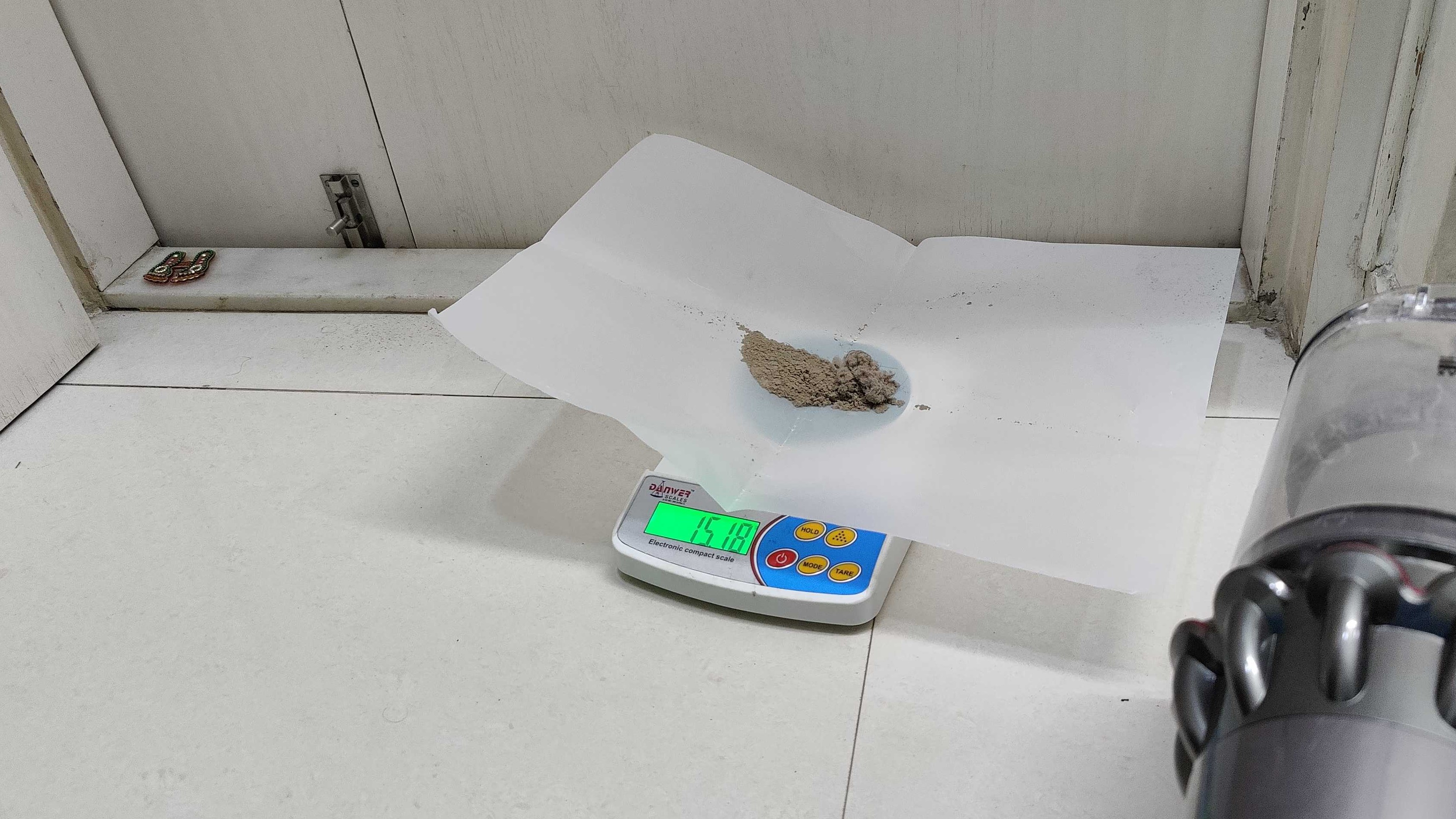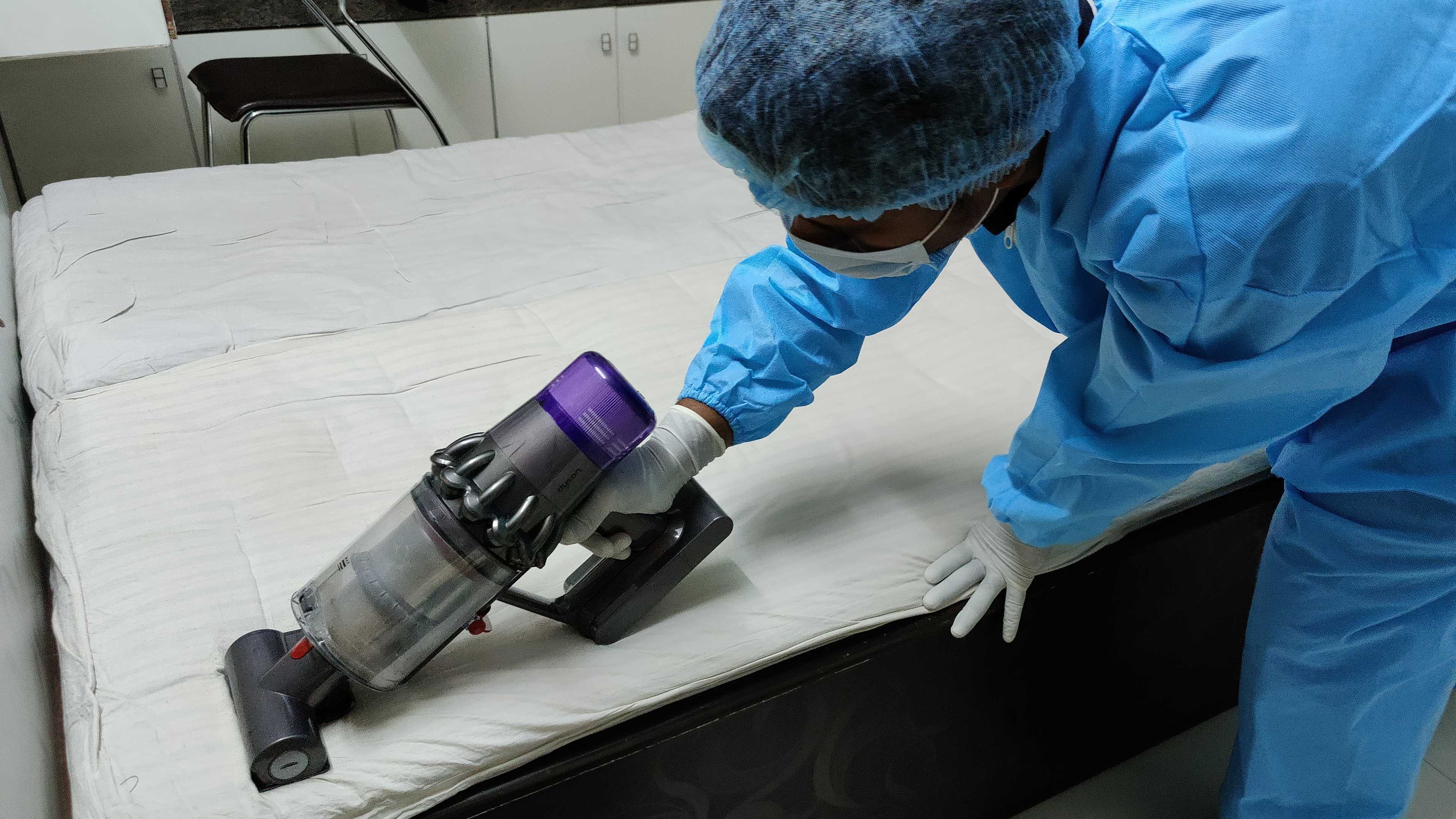Working from home? Household dust could be impacting your health
Dyson study reveals worrisome findings

Over the last year, health and hygiene have become far more critical in our lives than in the past. People were advised to reduce their outdoor exposure and be more mindful of cleanliness. However, indoor environments somehow were left out of these conversations. A new study might just make you reconsider.
Dyson, the UK-based tech company known for its powerful vacuum cleaners, recently conducted a global dust survey to understand the constituents of household dust and how people usually deal with it. More than 10,000 respondents from 10 countries.
Fifty-nine percent of them said that they cleaned their houses more frequently since the Covid-19 outbreak, while a quarter of the respondents were “extremely worried” about dust, but were unaware of the potential link between household dust and viruses.

Dust, as we know it, usually consists of dead skin cells, hair, dust mites and their faeces, bacteria, viruses, mould, etc. Since most of these are microscopic in size, it’s understandable why their impact is often overlooked. In fact, the Dyson Global Dust Study found that less than 5% 5 know that dust mites and their faeces are constituents of dust at all. Dust and pollution are the most common asthma trigger factors in India.
The direct effect of dust on the transmission of diseases is debatable, with further studies needed to reach a conclusion. But the research does prove that there is a strong need for more education on what makes up the dust in our homes and how to deal with it.
“We hope that this research shows that when we think about dust, we shouldn’t ignore those microscopic particles that can impact our wellbeing. Cleaning shouldn’t stop at the dust we can visibly see” explains Dennis Mathews, Research Scientist in Microbiology at Dyson.
What about India?

The FICCI Research and Analysis Centre (FRAC) conducted a similar study in India (commissioned by Dyson) to understand the constituents of dust in households. 100 residences across Mumbai, Delhi and Bangalore participated in it, where an expert collected 25 grams of dust samples from their sofas, mattresses, carpets and cars using a Dyson V8+ vacuum cleaner and further examined.
Get daily insight, inspiration and deals in your inbox
Sign up for breaking news, reviews, opinion, top tech deals, and more.
The research showed how ineffective conventional methods of cleaning, such as dusting, mopping or sweeping, can be against dust accumulation. The majority of the households had significant quantities of allergens from sources such as dogs and cockroaches, dust mites and fungi spores — some of the most common causes of allergies worldwide. Interestingly, dog and cat allergens were found even in houses without pets, highlighting how unpredictable dust transmission can be.

The dust study also revealed some other eye-opening facts. Allergens and spores are typically between 0.5 and 5 microns in size. A single carpet can have thousands of mites while a bed can have up to a million due to the inability to clean them via conventional methods. On average, a person loses about 28 grams of skin each week, which is the primary diet of dust mites. Pet allergies are not caused by fur but by the proteins found in their saliva, urine, faeces and dander.
These insights are used by Dyson to improve its vacuum cleaners and help people clean their homes more effectively.
Aakash is the engine that keeps TechRadar India running, using his experience and ideas to help consumers get to the right products via reviews, buying guides and explainers. Apart from phones, computers and cameras, he is obsessed with electric vehicles.

